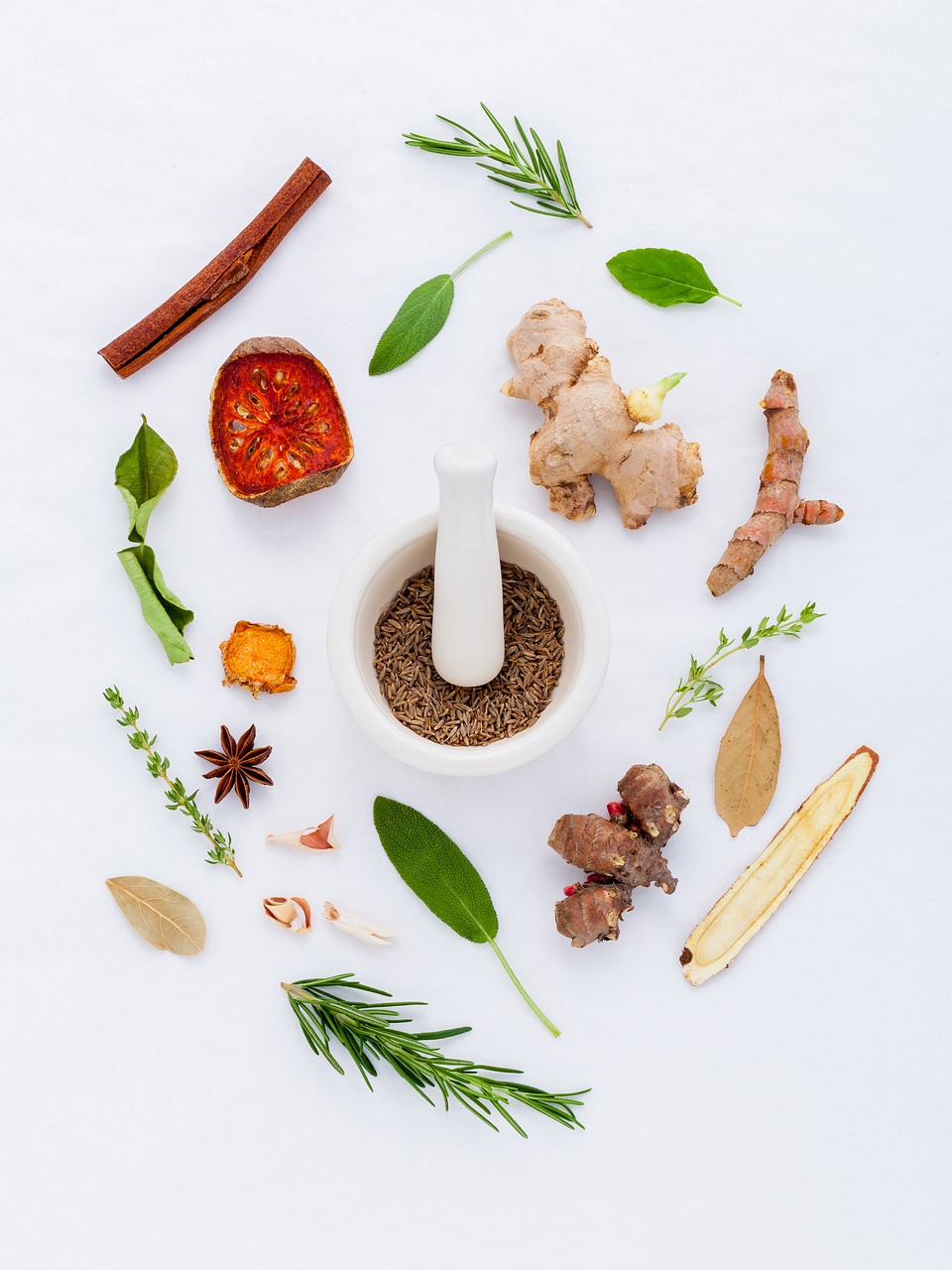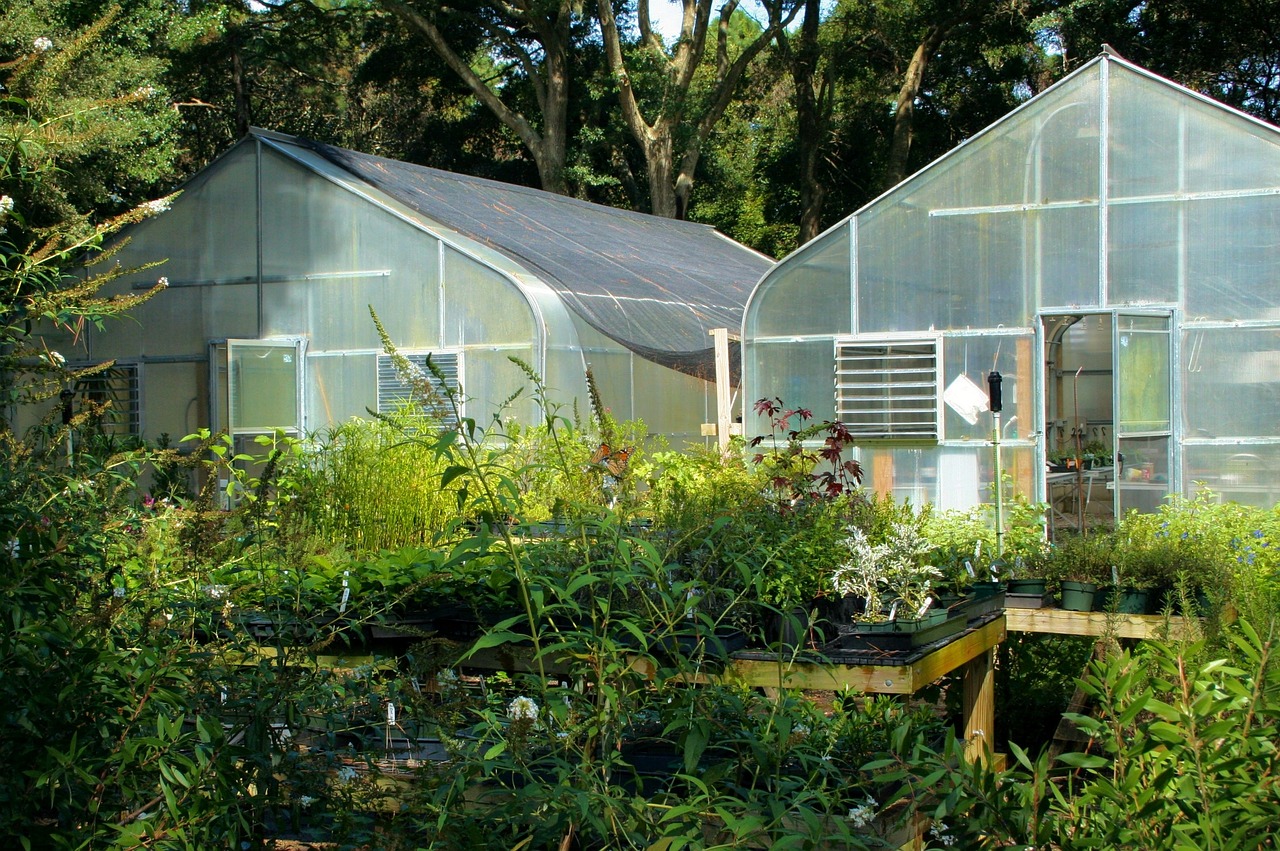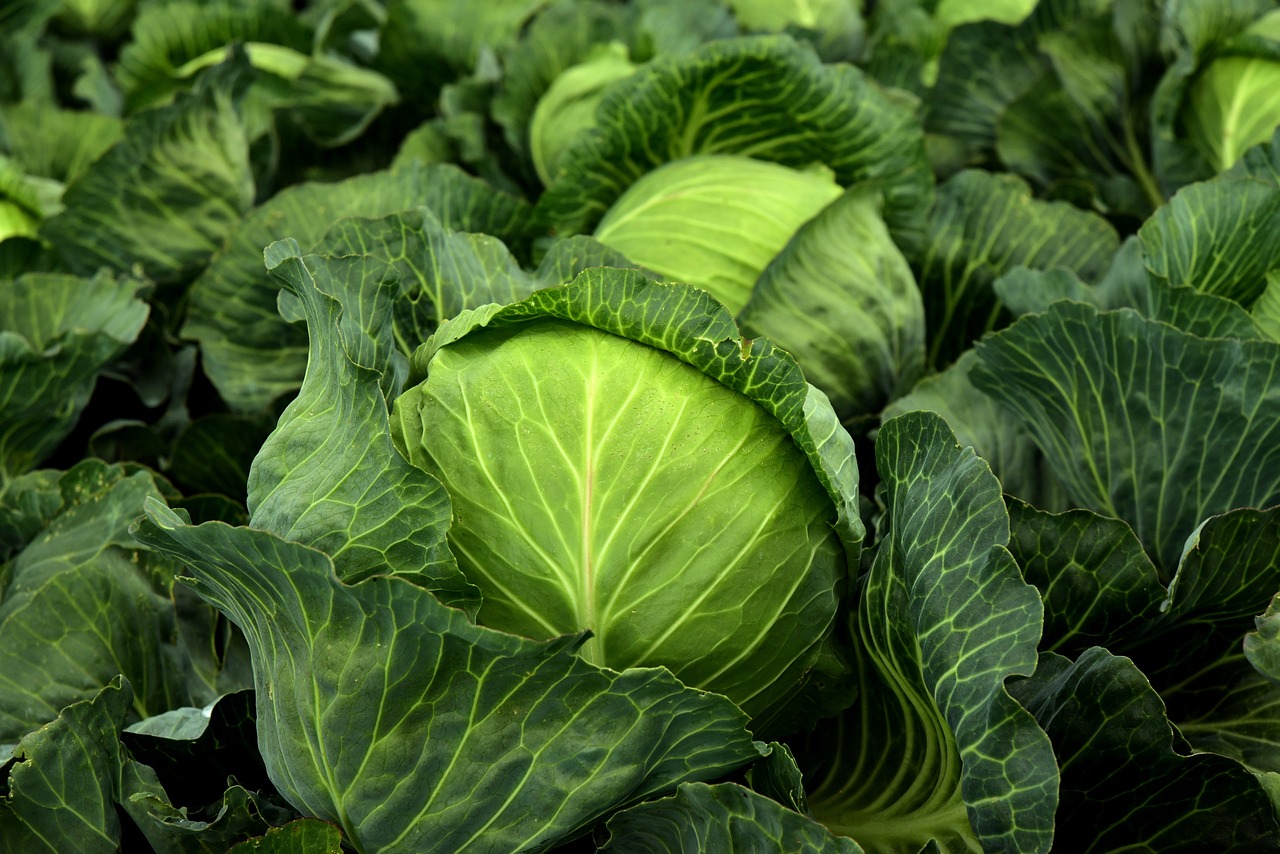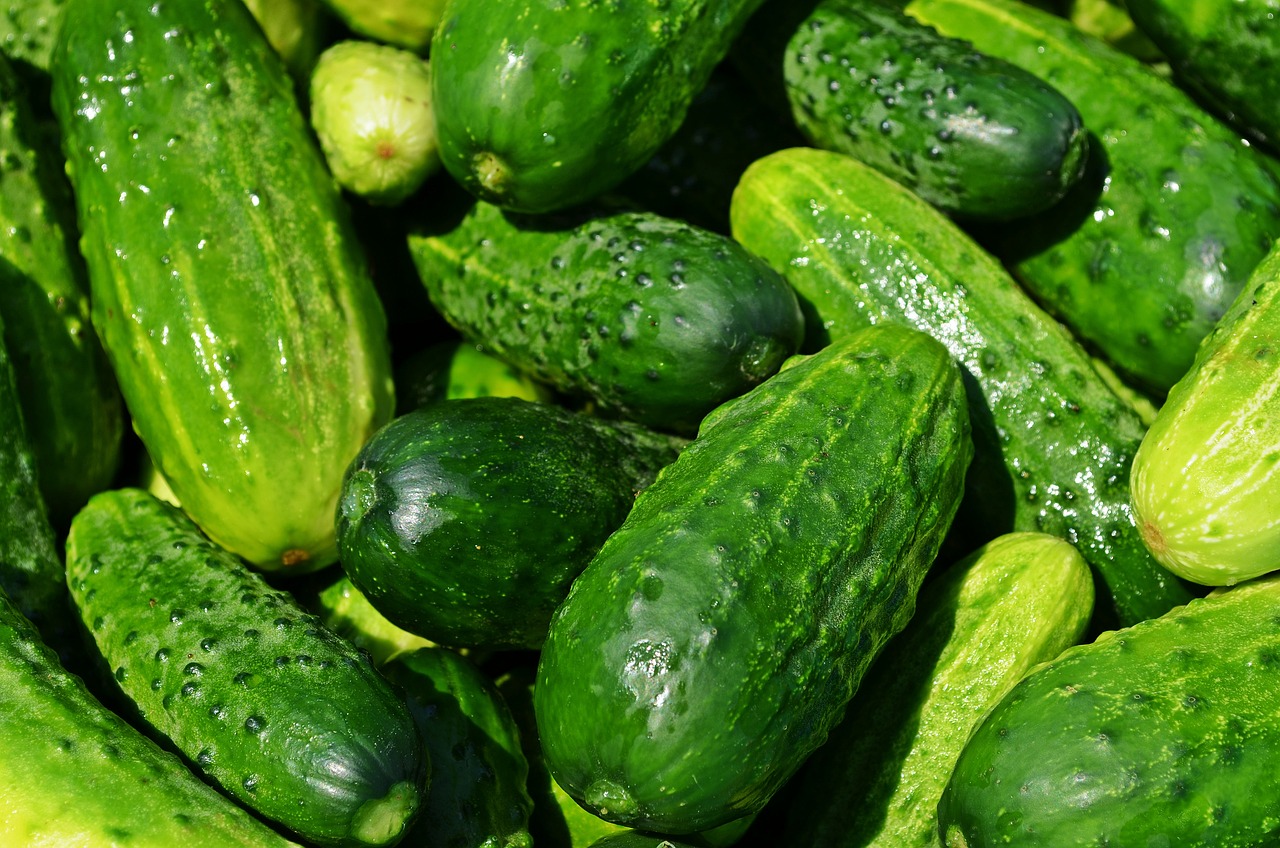Are you tired of buying overpriced herbs at the grocery store that only last a few days before going bad? Why not start your own herb garden and experience the joy of growing your own culinary herbs?
Not only will you have fresh herbs at your fingertips for all your cooking needs, but gardening has been shown to have numerous mental and physical health benefits. Studies have shown that gardening can reduce stress and anxiety, improve mood, and increase overall well-being.
And what better way to reap these benefits than by growing your own herbs? Not only will you have a sense of accomplishment and pride in growing your own food, but you’ll also be able to control the quality and freshness of your herbs.
So, put on those gardening gloves and let’s get started on creating your own herb garden oasis.
Health Benefits of Culinary Herbs
You’ll be amazed at how incorporating fresh herbs into your meals can not only add flavor, but also provide numerous health benefits for your body.
Culinary herbs, such as basil, rosemary, and thyme, are known to contain medicinal properties that can help alleviate various ailments. For example, basil has anti-inflammatory properties that can help reduce swelling and pain, while rosemary has been found to improve memory and concentration.
In addition, many culinary herbs have been used in herbal remedies for centuries. For instance, chamomile tea, made from chamomile flowers, is known for its calming effects and can help with insomnia and anxiety. Sage is also often used as a natural remedy for sore throats and coughs.
By growing your own culinary herbs, you not only have a fresh supply of flavorful ingredients for your cooking, but also a natural source of medicine right in your own backyard.
Starting Your Herb Garden: Essential Tips
Starting your very own herb garden can be made easier by following these essential tips. If you’re limited on outdoor space or live in an apartment, container gardening is a great option. Not only does it save space, but it also allows for easy mobility and flexibility in terms of sunlight exposure.
There are a variety of containers available, from traditional pots to repurposed objects like mason jars or old tea tins. Make sure to choose a container with adequate drainage and size appropriate for the herbs you want to grow. If you’re looking to grow herbs indoors, there are many options available as well.
Many culinary herbs, such as basil, parsley, and thyme, thrive in indoor environments as long as they receive enough sunlight. If natural light is limited, consider investing in a grow light to supplement. Indoor herb gardens can be grown in traditional pots or even hydroponically, which involves growing plants in water instead of soil.
Whatever method you choose, make sure to do your research on the specific growing requirements of each herb and adjust accordingly. With these tips, you’ll be on your way to enjoying freshly grown herbs in your cooking in no time.
Choosing the Right Herbs for Your Garden
To pick the ideal herbs for your garden, it’s essential to consider factors such as the amount of sunlight and water they need, as well as their growth habits and purposes.
If you have limited space, consider herbs for small spaces such as chives, thyme, and mint. These herbs can grow in small pots or vertical gardens, making them perfect for apartment dwellers or those with limited outdoor space.
If you’re looking to grow herbs indoors, consider herbs such as parsley, cilantro, and basil. These herbs can grow well in pots near a sunny window or under grow lights. They’re also great for adding fresh flavors to your cooking year-round.
Regardless of the herbs you choose, make sure to research their specific needs and preferences to ensure a successful harvest.
Maintaining Your Herb Garden: Watering, Pruning, and Harvesting
As an herb gardener, it’s important to maintain your plants by ensuring they receive adequate watering, pruning, and harvesting.
Watering is crucial for the growth and survival of your plants. The amount of water your herbs need will depend on the type of herb and the climate in which you live. Generally, most herbs need to be watered once or twice a week, but be sure not to overwater as this can lead to root rot.
Pruning is another essential aspect of herb gardening. Pruning helps to promote new growth and prevent your plants from becoming too leggy. It’s important to prune regularly, especially if you notice any dead or damaged leaves.
Additionally, harvesting your herbs is not only necessary for maintaining their health but also for your culinary needs. When harvesting, be sure to only take about a third of the plant to ensure its continued growth.
Lastly, to keep herb garden pests at bay, consider using organic fertilizers such as compost or fish emulsion, which not only enrich the soil but also deter pests from attacking your plants.
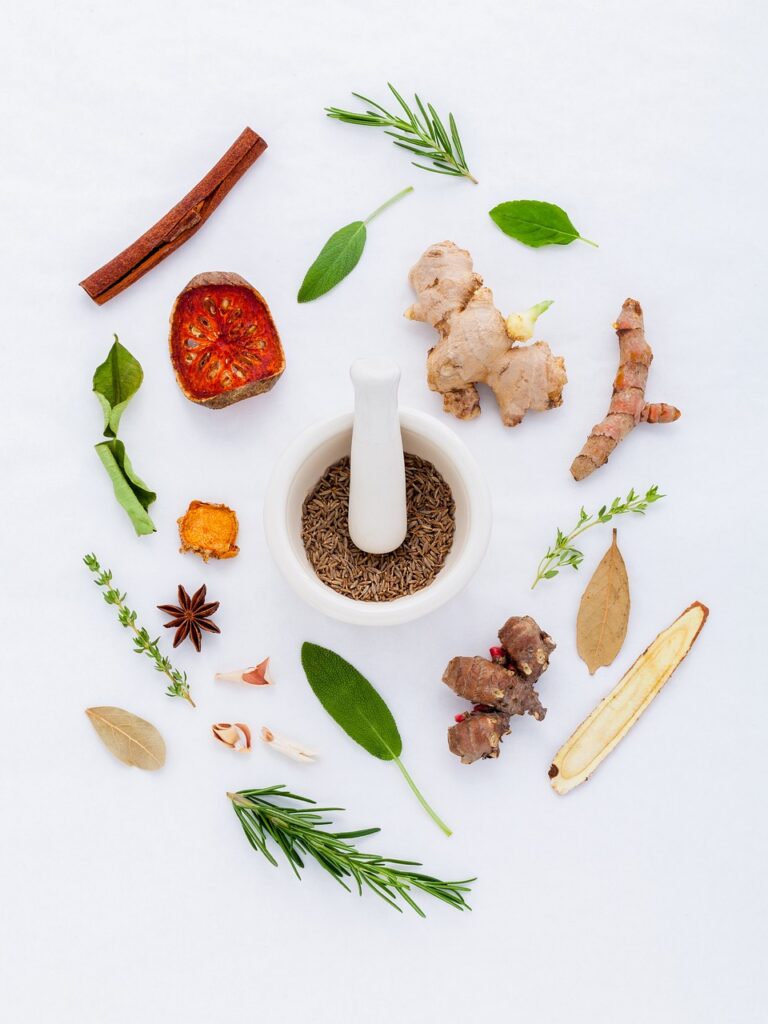
Creative Ways to Use Your Fresh Herbs in Cooking
Get ready to elevate your cooking game by using those fresh herbs in creative ways – you’ll be amazed at how much flavor they can add to your dishes!
One fun way to use your herbs is by making herb-infused cocktails. Simply muddle your favorite herbs, such as basil or mint, in a glass with some simple syrup and citrus juice. Add your choice of liquor and ice, and you’ve got a refreshing and flavorful drink that’s perfect for any occasion.
Another great way to use your fresh herbs is by making your own DIY herb-infused oils and vinegars. Simply mix your herbs with some high-quality oil or vinegar, and let the flavors infuse for a week or two.
Use your herb-infused oils to drizzle over salads, pasta dishes, or roasted vegetables, or use your herb-infused vinegars to make homemade dressings and marinades. With just a little creativity, your herb garden can take your cooking to the next level!
Frequently Asked Questions
What are some common pests and diseases that can affect herb gardens?
To prevent herb diseases, keep soil well-drained and avoid over-watering. Common pests include aphids and spider mites, which can be controlled with natural remedies like neem oil or insecticidal soap.
How long do different herbs typically take to grow and reach maturity?
Different herbs have varying growth rates, but most take about 2-3 months to mature. Growing techniques such as proper watering, pruning, and fertilizing can help speed up growth. Harvesting methods vary depending on the herb and its intended use.
Can herbs be grown indoors, and if so, what are some tips for doing so successfully?
You can definitely grow herbs indoors with the right setup. Choosing the best soil and containers is key, and you’ll need to consider lighting requirements. Look for LED grow lights or place your plants near a sunny window.
Are there any herbs that should not be grown together in the same garden plot?
When planning your herb garden layout, consider companion planting. Some herbs, like basil and oregano, thrive when grown together. Others, like mint and parsley, should be kept separate to avoid overcrowding and competition for resources.
How do I properly store and preserve excess herbs for later use?
To store and preserve excess herbs, you can dry them out by hanging them upside down in a well-ventilated area. Once dried, store them in an airtight container. Get creative with your herb uses, like making teas or seasoning meats.
Conclusion
Congratulations! You’ve taken the first step towards a healthier and more delicious lifestyle by growing your own culinary herbs. By doing so, you not only have access to fresh and flavorful herbs but also reap the numerous health benefits they offer.
Remember to keep in mind the essential tips for starting and maintaining your herb garden and choose the herbs that best suit your taste and cooking style. With a little bit of effort and patience, your herb garden will flourish and provide you with a bountiful harvest.
Finally, get creative and experiment with using your fresh herbs in your cooking to enhance the flavors and elevate your dishes. Enjoy the joy of growing and using your own culinary herbs!






